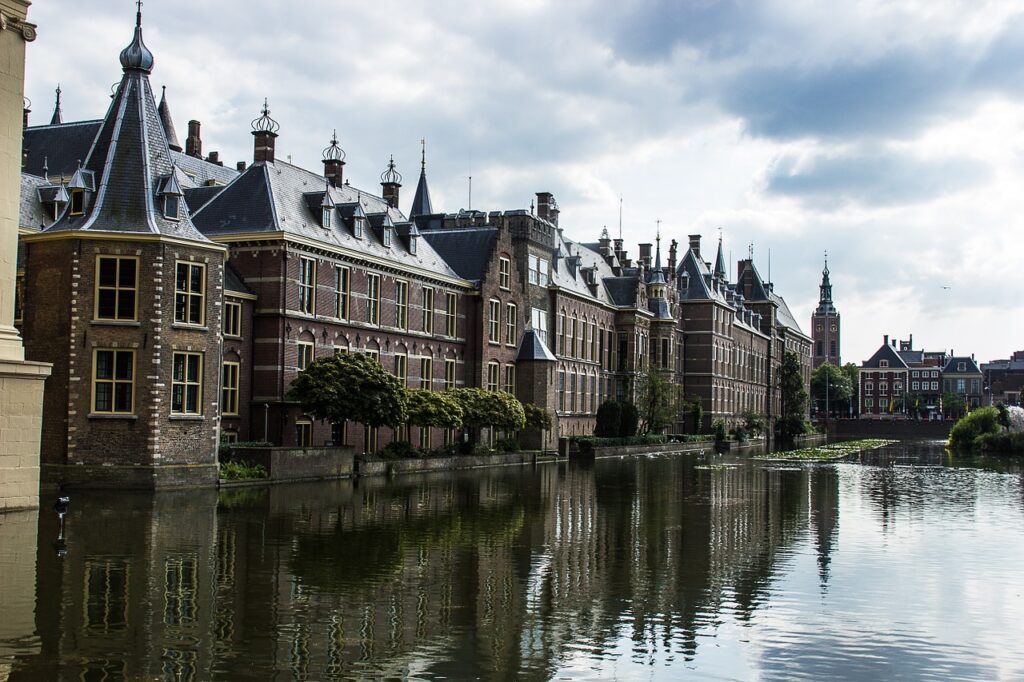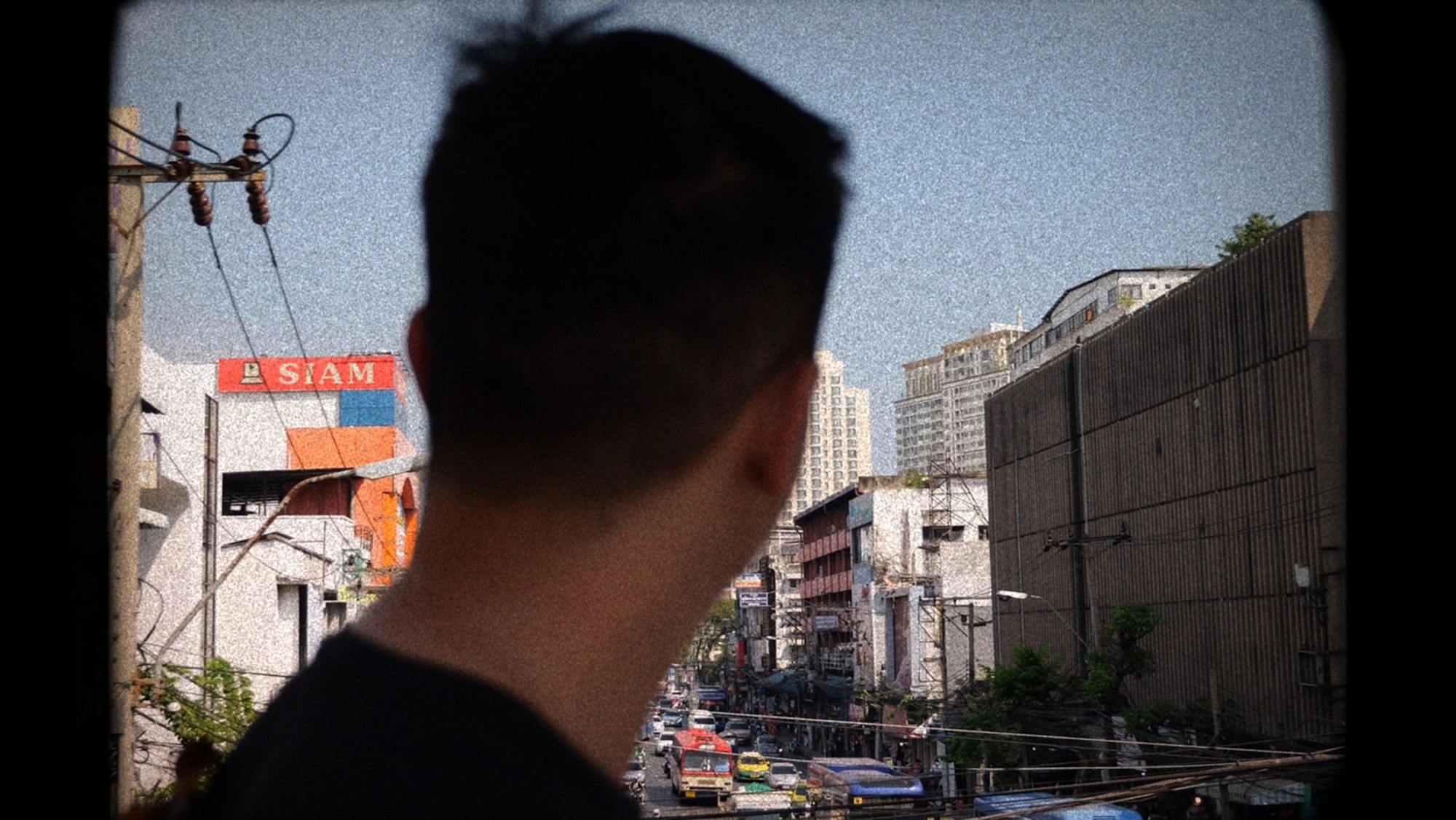
Russia has formally lodged an appeal against Australia and the Netherlands at the International Court of Justice (ICJ). This appeal challenges a ruling made by the International Civil Aviation Organization (ICAO) in May 2025, which determined that Russia violated international aviation law concerning the downing of flight MH17. The incident resulted in the tragic loss of all passengers and crew on board.
The appeal specifically contests the claims made by Australia and the Netherlands under Article 3bis of the Chicago Convention. This article prohibits the use of weapons against civil aircraft in flight, emphasizing the need to protect the lives of individuals on board during interceptions. The ICAO had previously concluded that the evidence presented by both nations was “well founded in fact and in law,” siding against Russia.
In its application, Russia asserts that the ICAO Council’s ruling is flawed both factually and legally on multiple grounds. Among its arguments, Russia challenges the jurisdiction of the ICAO Council, citing that the Chicago Convention does not apply in situations of armed conflict. This claim relates to the ongoing conflict in eastern Ukraine, which was relevant at the time of the incident. Russia invokes Article 89 of the convention, which it interprets as preserving “freedom of action” for states involved in warfare.
Russia further contends that Article 3bis should not be applied independently during armed conflicts, thereby arguing against its relevance in the case of MH17. The country also claims that the downing of the aircraft did not constitute a breach of International Humanitarian Law. Additionally, Russia has criticized the procedures followed by the ICAO Council, labeling them as prejudicial and its standards of proof as “improper.”
The appeal also questions the integrity of the Joint Investigative Team (JIT), a collaborative investigation involving the Netherlands, Australia, Malaysia, Belgium, and Ukraine. Russia alleges that the JIT was biased and lacked independence. It claims that Ukraine failed to sufficiently secure its airspace, which may have contributed to the tragedy. Furthermore, Russia posits that the Buk missile system used to shoot down MH17 was actually captured by separatist forces from the Ukrainian military, contradicting the JIT’s findings.
The JIT had concluded that Russia provided the Buk missile system involved in the incident and traced its origins to the 53rd Anti Aircraft Missile Brigade of the Russian Ground Forces. This brigade was identified as collaborating with separatist groups operating in the Donetsk region of Ukraine.
As this legal battle unfolds, the implications of the case could extend beyond legal ramifications, influencing international relations and the broader discourse surrounding accountability in conflicts. The ICJ’s response to Russia’s appeal could set a significant precedent in international aviation law and state responsibility in armed conflict scenarios.







